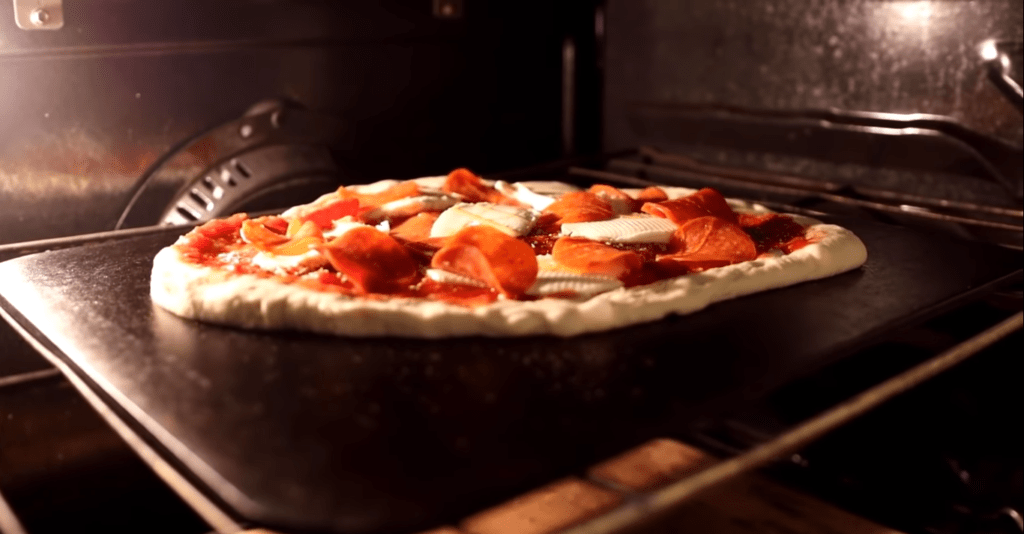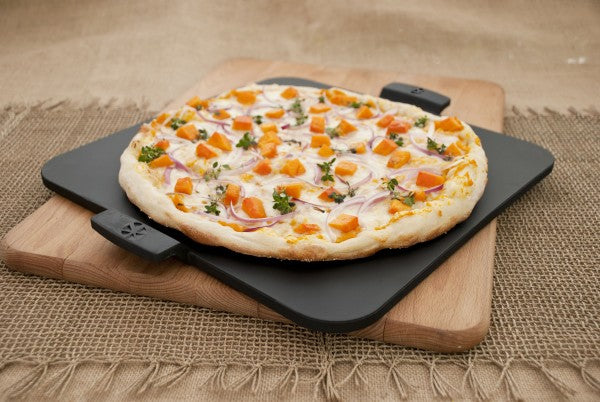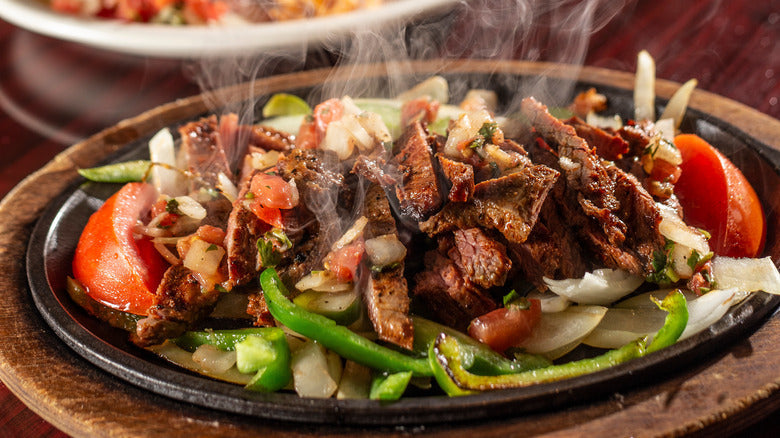For kitchen professionals, the joy of baking is deeply connected to the tools and techniques that elevate a dish from ordinary to exceptional. A baking stone is undoubtedly one of these essential tools, renowned for its ability to transform homemade pizzas and loaves into crusty, golden-brown masterpieces. However, like most quality kitchen equipment, a baking stone requires proper care to perform at its best. In this article, we'll dive into the nitty-gritty of baking stone care tips, ensuring your stone outlasts trends and delivers consistent results.

Understanding Your Baking Stone
A baking stone, often referred to as a pizza stone, is traditionally made from ceramic, cordierite, or composite materials. These stones mimic the deck of a bread oven by retaining heat and distributing it evenly, which is why they're celebrated in professional kitchens. To maximize its benefits, you must understand its properties and limitations. For a practical guide to get the most out of your baking stone, check out this essential read on how to use a baking stone for perfect pizza [here](https://culinacooks.com/blogs/blog/how-to-use-a-baking-stone-for-pizza).
Seasoning the Stone: A Crucial First Step
Landing crisp, brown bottomed goods right from the get-go relies heavily on seasoning your baking stone correctly. The technique varies slightly depending on the material of your stone, but it often involves brushing the surface with oil and gradually heating it in an oven. For those using a stone for the first time, explore this detailed resource on stovetop seasoning cast iron, which shares some relevant techniques that can be adapted for baking stones [here](https://culinacooks.com/blogs/blog/how-to-stovetop-seasoning-cast-iron).
Why Seasoning Matters
Seasoning a baking stone is not just about preventing sticking; it helps create a stronger flavor profile for your baked goods over time. Additionally, a well-seasoned stone will shorten the preheating time needed before each use, increasing your kitchen's efficiency.
Cleaning Your Baking Stone Safely
Cleaning is a cornerstone of baking stone care tips, but it's critical to avoid using soap or detergents, which can seep into the porous material, altering the taste and quality of future bakes. Instead, use a spatula or a dry brush to gently remove stuck-on food particles. For a more comprehensive approach, visit this link to discover another technique on refurbishing kitchen tools, which can be adapted for stones [here](https://culinacooks.com/blogs/blog/how-to-refurbish-a-cast-iron-skillet).
Water and Heat: A Cautionary Tale
Exposure to sudden temperature changes can cause cracking; thus, never submerge a hot baking stone in cold water. Allow it to cool naturally before any cleaning begins. A gentle wipe with a barely damp cloth is usually sufficient, preserving the integrity of your stone.
Storing Your Stone
Proper storage extends a baking stone's life. Once cleaned and dried, store it in a safe place free from moisture and temperature extremes. Some chefs opt to leave it in the oven, which also helps to improve heat retention during subsequent cooking.
Handling Common Missteps
Accidents happen, even in professional settings. The most common issue is cracking due to improper handling. Should you notice small cracks developing, it might still be usable with caution, but significant breaks are typically unrepairable. Consider replacing the stone to maintain the highest standards in your kitchen.
:max_bytes(150000):strip_icc()/pizza-stone-testing-winners-the-original-baking-steel-wdickey-7-63-0eab155b17994dcc94fe89c908bab57d.jpg)
Frequently Asked Questions
How often should I season my baking stone?
Seasoning your stone after every few uses is generally sufficient. If you use it frequently, consider seasoning it every month to maintain a slick surface.
Can I use metal utensils on my baking stone?
While its best to avoid metal utensils that can scratch the stone, gentle use of a metal spatula when necessary is acceptable. Opt for wooden or silicone tools when possible to maximize its longevity.
What's the best way to heat a baking stone?
Gradually preheating your baking stone in the oven is the best approach. Place it at the desired temperature and allow a timeframe of 45 minutes to an hour to achieve even heat distribution.
To further enhance your knowledge of this crucial kitchen component, consider visiting Bucket of Bread for additional insights into maintaining baking stones, ensuring optimal results for every bake. As every seasoned chef knows, a well-tended baking stone is a linchpin for crafting extraordinary flavors and textures that enchant the taste buds and elevate the dining experience.
This article contains affiliate links. We may earn a commission at no extra cost to you.






Leave a comment
This site is protected by hCaptcha and the hCaptcha Privacy Policy and Terms of Service apply.